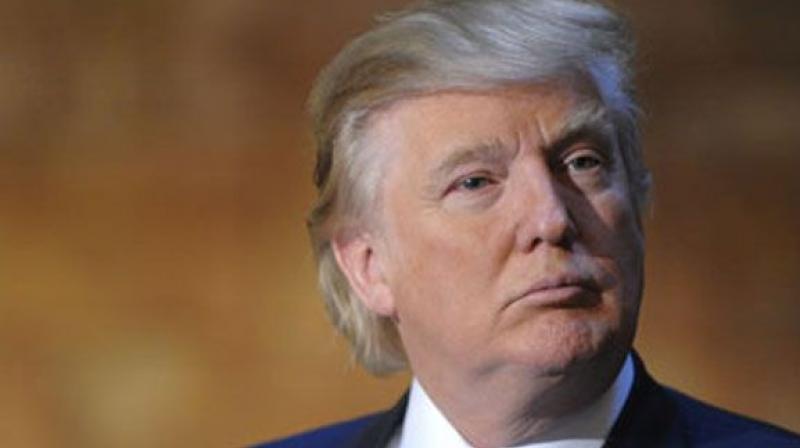Political pardons

US President Donald Trump claims power to grant pardon to his associates and, presumably, himself — a “complete power to pardon”. Section 3 Clause 1 of the US constitution provides that: “The president shall have power to grant reprieves and pardon for offences against the United States, except in cases of impeachment”. But the power to pardon is not an unfettered one. All constitutions confer on the head of state the power to grant pardon. Federations endow Governors with the same power, but limit it to offences against state laws. In our part of the world, abuse of this power is far more common than in the US. One president pardoned police officials found guilty by a court of grave offences. US chief justice William Howard Taft once remarked: “If we could conjure up in our minds a President willing to paralyse courts by pardoning all criminal contempts, why not a president ordering a general jail delivery?” There cannot be the slightest doubt that abusing the power to grant pardons will be held void by the courts. But this has happened in India. The Governor of a state granted pardons to the ruling party’s men no sooner than it came to power. Another wanted to pardon a man because he was “a good Congress worker”. Article 72(1) of India’s constitution contains familiar provisions.
“The President shall have the power to grant pardons, reprieves, respites or remissions of punishment or to suspend, remit or commute the sentence of any person convicted of any offence — (a) in all cases where the punishment or sentence is by a court martial; (b) in all cases where the punishment or sentence is for an offence against any law relating to a matter to which the executive power of the union extends; (c) in all cases where the sentence is a sentence of death.” A “reprieve” is a temporary suspension of the punishment fixed by law. A pardon, it has been judicially held, reaches both the prescribed punishment and the offender’s guilt.
A “full pardon” releases the punishment and blots out the existence of the guilt. The petitioner for pardon is not entitled to an oral hearing by the president, but a president violates the constitution if he says he cannot grant a pardon because the court had already found the petitioner guilty. In the case of one of Indira Gandhi’s assassins, the SC struck down the president’s order and asked him to consider the petition afresh. The raison d’être of the power was well explained by the United States SC. “Executive clemency exists to afford relief from undue harshness in the operation of criminal law. The administration of justice by the courts is not necessarily always wise. To afford a remedy, it has always been thought essential in popular governments, as well as in monarchies, to vest in some other authority than the courts’ power to ameliorate criminal judgements.”
“To exercise it to the extent of destroying the deterrent effect of judicial punishment would be to pervert it. Our constitution confers this discretion on the highest officer in the nation, in confidence that he will not abuse it.” If he does, the courts are not powerless to strike it down. In a recent case, the Supreme Court of India ruled “that judicial review of the order of the president or the governor under Article 72... is available and their orders can be impugned on the following grounds: that the order has been passed without application of mind; that the order is mala fide; the order has been passed on extraneous or wholly irrelevant considerations; that relevant materials have been kept out of consideration; that the order suffers from arbitrariness”. The courts can insist that the grounds on which pardon is given are set out in the president’s order itself. They have the power to hold it as an abuse of power if it is coloured by political considerations.
By arrangement with Dawn

